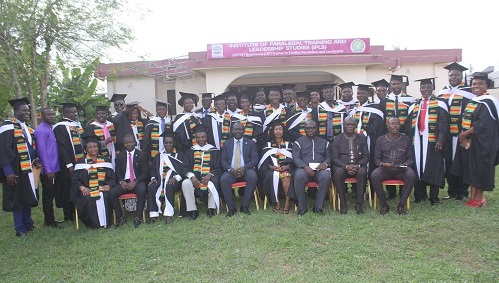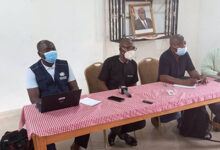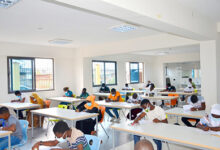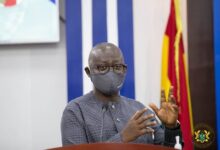
A total of 28 students on Saturday graduated from the Institute of Paralegal Training and Leadership Studies (IPLS) in Accra to practise as Alternative Dispute Resolution (ADR) practitioners in the country.
The 2019 batch received certificates of Professional Executive Master in Alternative Dispute Resolution (PEMADR) and would be inducted into the Ghana Association of Alternative Dispute Resolution Practitioners (GNAAP) in December this year.
Addressing the graduates, the incoming President of GNAAP, Mr Daniel Owusu-Koranteng, noted that Ghana had all it takes to become a major driver for conflict resolution in Africa.
He expressed the relevance of enhancing the capacity of ADR practitioners as the voice of conflict resolution in the country and the continent at large.
Mr Owusu- Koranteng encouraged the students to tap into the principles of ADR in line with the customs and traditions of the country in resolving conflicts in society.
He congratulated the students for their tremendous effort and sacrifices to be trained as ADR practitioners.
The outgoing President of GNAAP, Mr Robert Sarfo Mensah, underscored the role of ADR practitioners in the country to infiltrate and resolve conflicts in workplaces, homes and society.
“Our work as ADR practitioners is noble because we are conflict managers and we resolve conflict because it is inevitable due to differences of people in society so it is imperative to use your acquired skills in terms of advocacy to ensure that the practice penetrates the fabric of our society,” he stated.
Mr Mensah urged the graduates to become dedicated members of GNAAP to promote human rights advocacy and conflict resolution when they were inducted into office.
The National Coordinator of ADR for the Judicial Service who is also a life patron of GNAAP, Mr Alex Nartey, in his remarks said Ghana required a lot of proficient ADR practitioners who would not only mediate in courts, but also as critical units of national institutions to resolve national issues.
He cautioned them to be mindful of their activities after graduation, noting that ADR was solely an ethical institution.
BY DAVID NYANOR TAKYI





